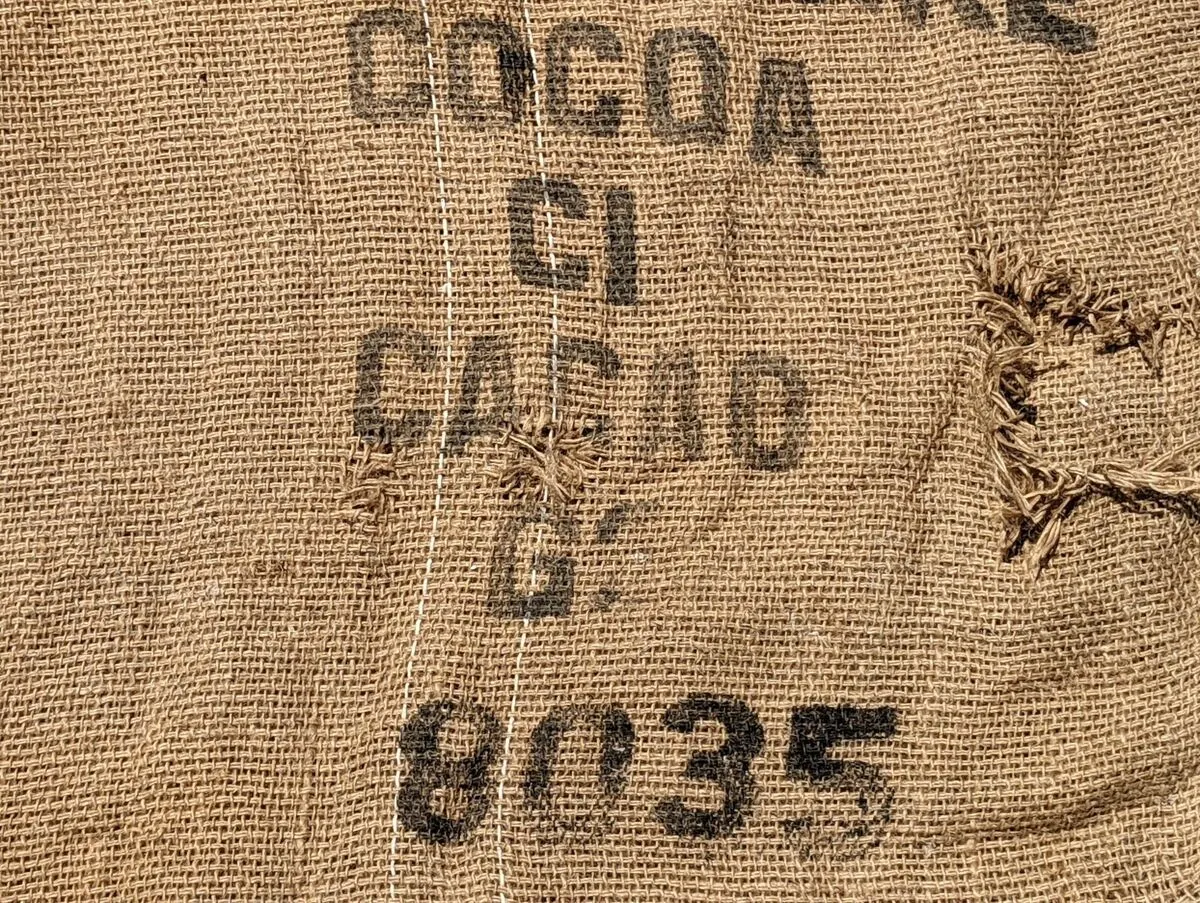In a significant operation, Ivory Coast's Coffee and Cocoa Council (CCC) has intercepted 33 trucks carrying approximately 1,100 tonnes of smuggled cocoa beans at the Guinea border. This incident highlights the growing challenge of cocoa smuggling in West Africa, exacerbated by recent poor harvests in Ivory Coast and Ghana, the world's largest and second-largest cocoa producers respectively.
The seizure, confirmed by multiple sources including a military official and industry insiders, underscores the intensifying efforts to combat illegal cocoa trade in the region. This surge in smuggling activity comes as the global cocoa market grapples with a four-year supply deficit, pushing cocoa and chocolate prices to new heights.
In response to these challenges, both Ivory Coast and Ghana have implemented substantial increases in farmgate prices paid to cocoa farmers. Ivory Coast has raised its fixed price by 20% to 1,800 CFA francs ($3.09) per kilogram for the main crop of the new season, which began on October 1, 2024. Similarly, Ghana increased its farmgate price by nearly 45% to 48,000 cedis ($3,043.75) per metric ton in early September 2024.
These price adjustments aim to support farmer incomes and sustain the sector amidst a significant production downturn. According to Kobenan Kouassi Adjoumani, Ivory Coast's Agriculture Minister, cocoa production in West Africa has dropped by 25% in the 2023/24 season. This decline is starkly evident in Ivory Coast's port arrivals data, which showed only 13,000 tons of cocoa by October 6, 2024 - a 74% decrease compared to the previous year.
The cocoa industry, worth over $100 billion globally, is facing unprecedented challenges. Climate change poses a significant threat to cocoa production in West Africa, where the average farm size is just 2-5 hectares. These small-scale farmers, part of the 40-50 million people worldwide whose livelihoods depend on cocoa, are particularly vulnerable to market fluctuations and environmental pressures.
"The 2023/24 season was marked by a 25% drop in cocoa production in West Africa, including Ivory Coast."
To address these issues, regulatory bodies like the CCC are taking proactive measures. In September 2024, the CCC implemented strategies to curb the hoarding of cocoa beans, threatening sanctions against buyers and cooperatives engaged in such practices. These efforts aim to stabilize the market and ensure a fair distribution of the limited cocoa supply.
The current situation in West Africa's cocoa sector reflects broader challenges in the global chocolate industry. From its origins in the Amazon rainforest to its status as a global commodity, cocoa has a rich history. The cocoa tree, scientifically known as Theobroma cacao or "food of the gods," takes 5-6 years to produce its first beans. Each tree yields about 1,000 beans annually, which undergo a crucial fermentation process to develop their distinctive flavor.
As the industry navigates these turbulent times, the focus remains on sustainable practices and fair compensation for farmers. With cocoa trees capable of living up to 100 years but peaking in productivity between 25-30 years, long-term strategies are essential for the sector's future. The collaboration between Ivory Coast and Ghana, which together produce about 60% of the world's cocoa, will be crucial in addressing these challenges and shaping the future of the global cocoa market.
